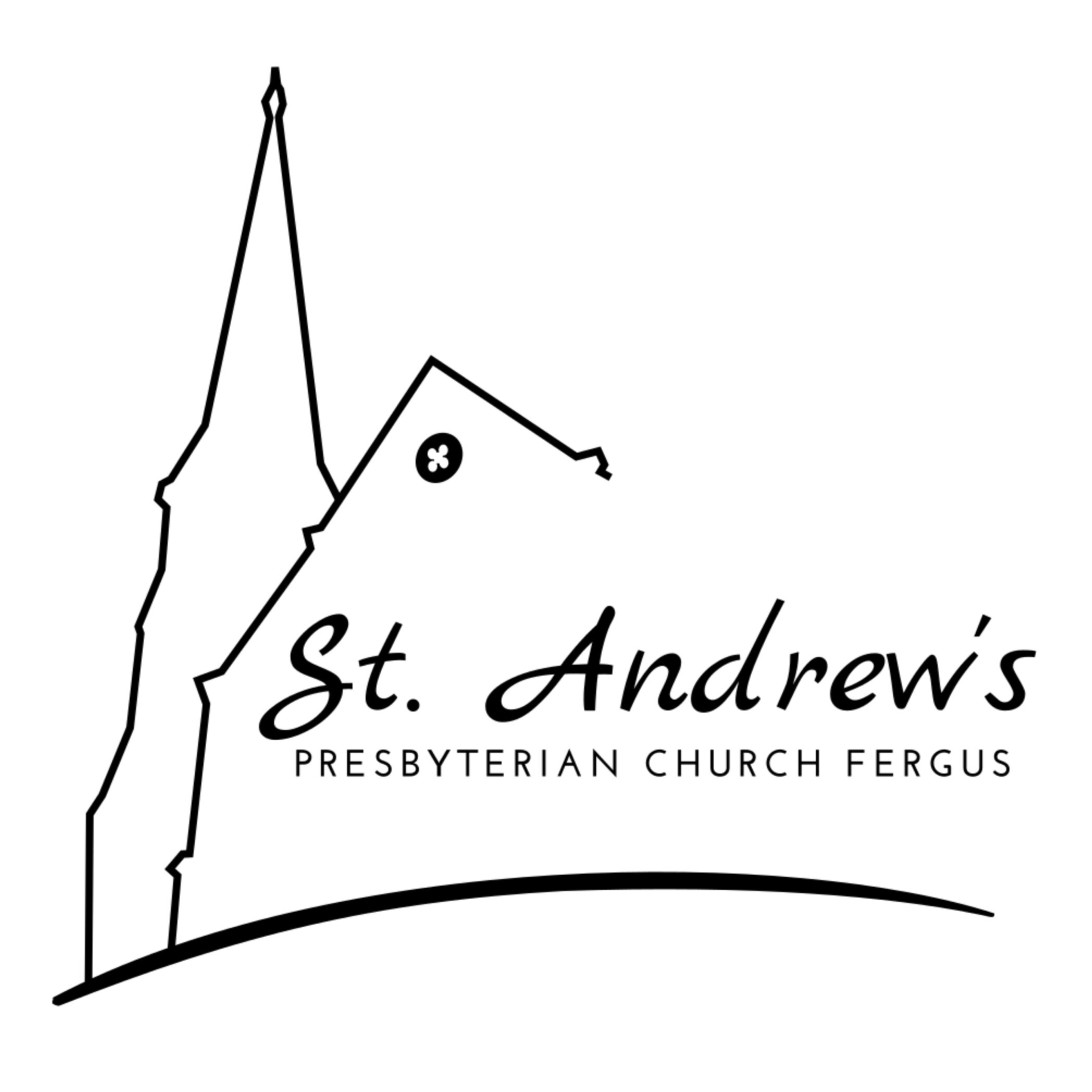We have been brought very low
Psalm 79
A Psalm of Asaph.
1 O God, the nations have come into your inheritance;
they have defiled your holy temple; they have laid Jerusalem in ruins.
2 They have given the bodies of your servants
to the birds of the air for food,
the flesh of your faithful to the wild animals of the earth.
3 They have poured out their blood like water all around Jerusalem,
and there was no one to bury them.
4 We have become a taunt to our neighbours,
mocked and derided by those around us.
5 How long, O Lord? Will you be angry for ever?
Will your jealous wrath burn like fire?
6 Pour out your anger on the nations that do not know you,
and on the kingdoms that do not call on your name.
7 For they have devoured Jacob and laid waste his habitation.
8 Do not remember against us the iniquities of our ancestors;
let your compassion come speedily to meet us,
for we are brought very low.
9 Help us, O God of our salvation, for the glory of your name;
deliver us, and forgive our sins, for your name’s sake.
10 Why should the nations say, ‘Where is their God?’
Let the avenging of the outpoured blood of your servants
be known among the nations before our eyes.
11 Let the groans of the prisoners come before you;
according to your great power preserve those doomed to die.
12 Return sevenfold into the bosom of our neighbours
the taunts with which they taunted you, O Lord!
13 Then we your people, the flock of your pasture, will give thanks to you for ever;
from generation to generation we will recount your praise.
The nation of Israel was in the hands of an invading army. An army that had defiled the temple (the place where God’s name was honoured); an army that had killed many of God’s people and has not even had the decency to bury the dead; an army that had taunted God’s people and taunted God (vs. 4, 10, 12). As the writer says, “we are brought very low” (vs. 8).
The psalm writer wants God to deliver Israel from the power of this enemy army, but it is more than just liberty that the writer wants, they want vengeance against the enemies (vs. 10, 12). The argument for God’s acting is two-fold – the suffering of the people of Israel (vs. 11) and the disrespect shown to God (vs. 12). God’s people and God’s name are being disrespected; therefore, God should act.
This kind of argument makes us uncomfortable. Did not Jesus forgive his enemies and in so doing become the example of how we should live? Before we are too quick to make that suggestion, we need to walk with those who know the pain of being the victims of war and violence. This psalm expresses the raw emotion of people in pain, suffering oppression and violence, and asking God to hear and to act.
Out of such pain and such anguish – pain and anguish that Jesus experienced on the cross – an innocent victim oppressed by enemies – the words of forgiveness have a power and weight.
The invitation of this psalm is to walk with those who are experiencing such suffering – allowing them the space to speak their pain, their emotions. And then quietly point them to Jesus who has walked this same road.
PRAYER:
We live in a world of deep pain, O Lord, many face war and violence and oppression. We confess that we have sometimes offered little empathy, instead suggesting people forgive and get on with life. Give us empathy to walk with those who suffer, and give us discernment about when we should point to the actions of Jesus, Your Son, who offered forgiveness. These things we pray in Jesus’ name. Amen.
